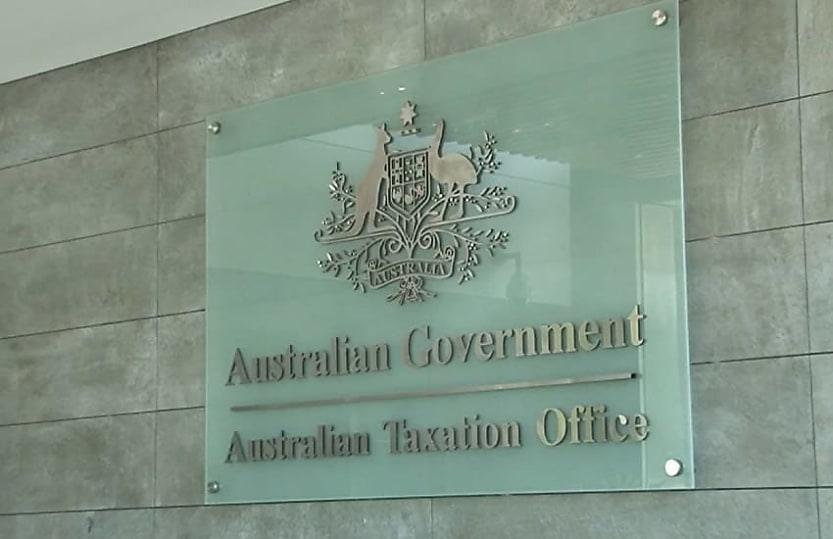ATO slams wealthiest taxpayers’ lax record keeping

Governance and record-keeping gaps are driving tax errors among the Next 5,000 group, the Tax Office has said.
Many of Australia’s richest taxpayers are still making errors in their tax returns due to poor record keeping and failing to document their governance processes, an ATO report has found.
The ATO’s 2024 Next 5,000 report, released on Thursday, said many of the country’s largest privately owned and wealthy groups inadequately documented tax preparation procedures, leading to unsubstantiated expenses, incorrect trust distributions and CGT errors.
Assistant commissioner Daniel Smith said the report’s findings should encourage members of the Next 5,000 group to reassess their tax affairs.
“We expect those groups in the Next 5,000 program to have their record keeping in order, be open about risks, and document all transactions properly,” he said.
The Next 5,000 is an expansion of the ATO’s Top 500 private groups tax performance program.
It is made up of individuals, who together with their associates and connected entities, control net wealth exceeding $50 million.
Since the program began, the ATO said it had reviewed around 8,850 transactions, activities and events and finalised around 1,404 streamlined assurance reviews.
The ATO said groups and their advisers typically engaged “collaboratively and proactively” during the review process and a high proportion had governance processes and procedures.
But most of those governance processes were not documented, the ATO said, leading to repeated instances of incorrect reporting.
“Some Next 5,000 groups are making errors in their tax returns that could be otherwise prevented,” the ATO said.
Inadequate governance processes, procedures and poor recording of some taxpayers prevented the ATO from being able to assure tax deductions were correctly claimed.
“We were unable to assure tax deductions were correctly claimed in some cases because there were inadequate governance processes, procedures and poor recording keeping,” the report said.
“The expenditure could not be substantiated or the nexus between the expense and assessable income could not be evidenced.”
“A high proportion of these expenses were related party transactions where the reported income derived by one party was less than the deduction claimed by the other party to the transaction.”
The ATO said it often escalated the sale of significant assets to secondary reviews or audits because taxpayers failed to properly the transaction, with errors including incorrect loss calculations, mischaracterised sale types, and improper timing of CGT event reporting.
Trust distributions also presented compliance issues, such as where distributions were paid to the wrong beneficiary and where section 100A might apply.
The ATO also had difficulty obtaining assurance over family trust distributions where there was inconsistent documentation for individuals set out in the trust deed.
“In some reviews we concluded that a lack of governance processes and procedures resulted in omitted trust distributions for some beneficiaries within the group.”
A lack of governance processes and poor record keeping also impacted tax compliance for intra-group and related party transactions.
“We found a correlation between poor record keeping and a lack of documented governance processes and procedures on the one hand with not taking the necessary steps to satisfy Division 7A on the other,” the ATO said.
Finally, the report flagged deficiencies in GST compliance and errors in BAS filing with some Next 5,000 groups lacking “a basic understanding of GST, how GST applies to related party transactions and correct reporting resulting in voluntary disclosures”.
Common issues included late lodgment, incorrect classification of GST-free items, and discrepancies between income tax returns and sales reported in BAS.
“There is a strong correlation between the BAS errors that we see, with the late lodgment of BAS and a lack of or insufficient governance processes and procedures,” the ATO said.
Voluntary disclosures in these areas often also revealed a lack of understanding of GST rules, particularly for related party transactions.
About the author

